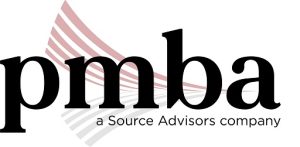The COVID-19 pandemic will go on record as a major economic disruptor for industries across the country. By including 2020 in a limited look-back agreement, businesses with low sales in 2020 could experience less exposure and tax liability.
Three key points to consider before starting the VDA process:
- What is your historical liability in each state? If your historical liability is below the benefits of the VDA, such as eliminating penalties, it may not be worth the process. Simply remit the past due tax and update your processes to comply moving forward.
- How far back does your liability go? One of the biggest benefits of a VDA is the limited lookback period of 3-4 years. If your liability is recent, you may not benefit as much from a VDA. For liability going back five years or more, a VDA is valuable.
- Are there other options, such as amnesty programs? VDA programs are always available in most states. However, amnesty programs are only available for a short period of time and come with additional benefits such as reduced interest. If you know that an amnesty program is about to begin, it might be worth pursuing this option instead.

